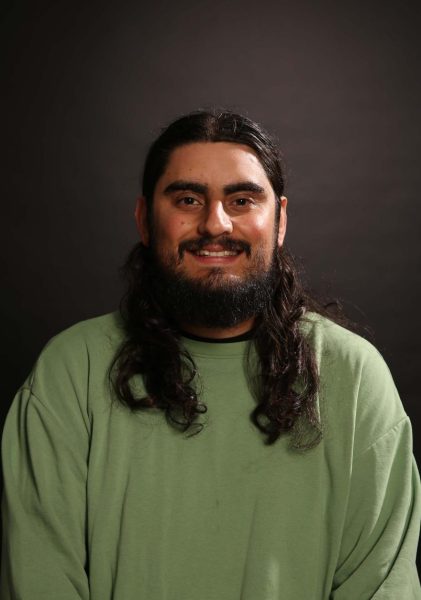



Lecturer faculty say they are disproportionately affected by end-of-the-semester staff evaluations, which may dictate promotion opportunities.
December 9, 2022
Staff evaluations are sent out campus-wide as each semester winds down and students begin to tune into vacation mode.
While often overlooked, Student Evaluations of Teaching Effectiveness carry more weight than students may realize.
Brad Erickson, the lecturer faculty vice president for SF State’s California Faculty Association chapter, said that SETE are particularly important for lecturer faculty, unlike full-time faculty.
“For tenure line faculty, they get evaluated on their research and scholarly and creative activity,” Erickson said. “They get evaluated on their service, participation, shared governments, etc. And they get evaluated on their teaching. For lecture faculty, we are only evaluated on our teaching. And this is supposed to be a combination of student and peer evaluations.”
Erickson doesn’t agree with the current setup or the timing in the semester the SETE are sent to students. Instead, he gives his students formative evaluations in the middle of the semester, rather than the current summative survey at the end of the semester.
“I do formative evaluation, which I think should be the way we’re doing it,” Erickson said. “If you ask students mid-semester what’s going well, what could be going better, you still have the chance to adjust and make reasonable adjustments.”
Ali Kashani, a lecturer faculty in the Political Science department for the last decade, questions the efficiency s the staff evaluation process.
“Is that trying to prove the academic conditions that the students learn better and then professors can improve their teaching conditions and do a better job, or there is something else at work here?” Kashani said.
Kashani said that most university faculty, not just SF State staff, generally agree that the process of a student evaluation does not evaluate staff properly nor achieve its primary goal.
“What it does instead, is it produces this sort of a system of surveillance, policing, discipline and finally, punishment, which translates itself in terms of promotion,” Kashani said. “And getting better pay and various other things.”
Kashani feels this is an enormous problem for lecturer faculty because of job security.
” [Evaluations] limit academic freedom, because the professors are always worried whether students are going to give a bad review,” Kashani said.
Amaal Greenwood-Goodwin, a senior Public Health major, takes pride in answering the SETE at the end of every semester.
“I think it’s helpful for them,” Greenwood-Goodwin said. “Some professors don’t care if you do it and they don’t say anything. But other professors will be like, ‘Oh, it’d be really nice if you did them. It helps me out.’ I can take five to 10 minutes to help them.”
Greenwood-Goodwin urges students to take advantage of SETE because they provide an opportunity to give effective feedback to a professor.

